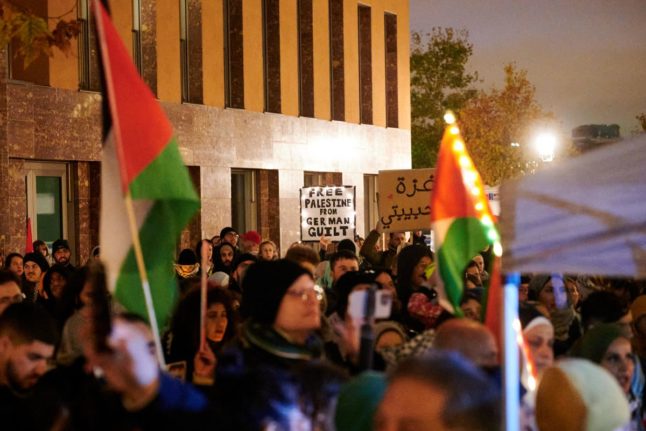The so-called cyberbunker in southwestern Germany had allegedly been used to operate darknet networks such as “Wall Street Market” and “Fraudsters”, which have since been shut down.
A court in Trier sentenced the main defendant, a Dutchman, to five years and nine months in jail.
Six other defendants were sentenced to prison terms ranging from two years and four months to four years and three months, and an eighth received a one-year suspended sentence.
The powerful servers inside a former NATO bunker in the town of Traben-Trarbach in Rhineland-Palatinate state were shut down in 2019.
They are said to have hosted, or provided the internet architecture for, illegal websites that also peddled stolen data and forged documents, and from which large-scale cyberattacks were carried out.
These included a cyberattack targeting more than a million Deutsche Telekom routers in November 2016.
In total, the servers are said to have hosted around 250,000 transactions, most of them drug purchases.
“Wall Street Market”, which was closed in 2019 as part of an international operation led by German and US authorities, was considered the second-largest darknet marketplace in the world.
The dismantling of the cyberbunker also led to a global operation in January targeting the “DarkMarket” network, which police at the time called the world’s larget darknet marketplace.
The secret darknet includes websites that can be accessed only with specific software or authorisations, ensuring anonymity for users.



 Please whitelist us to continue reading.
Please whitelist us to continue reading.
Member comments